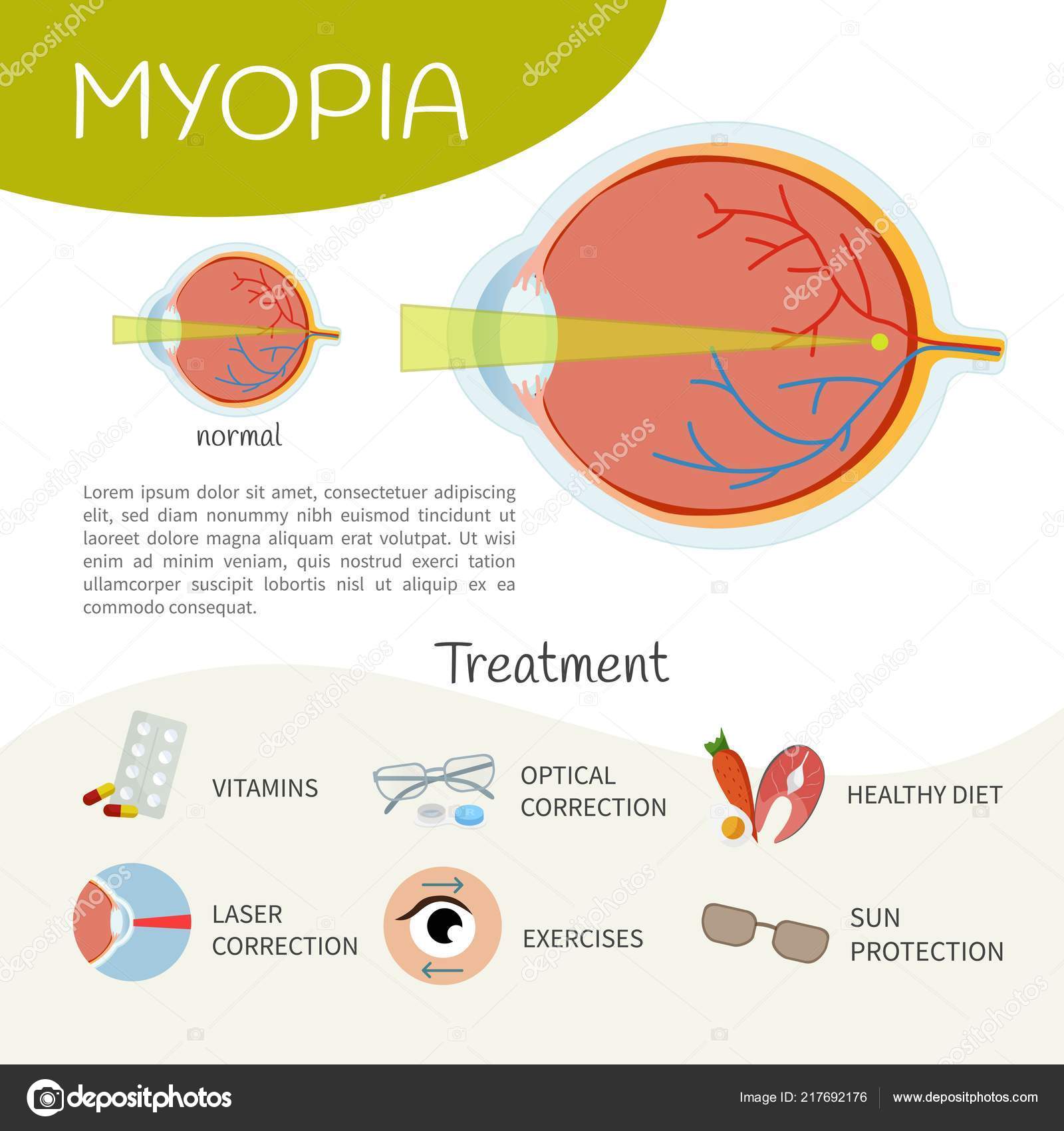Explore The Opportunities Presented By Refractive Lens Exchange And The Lesser-Known Truths Your Eye Doctor Might Not Tell You-- Could This Be The Vision Service You've Been Waiting For?
Explore The Opportunities Presented By Refractive Lens Exchange And The Lesser-Known Truths Your Eye Doctor Might Not Tell You-- Could This Be The Vision Service You've Been Waiting For?
Blog Article
Writer-Foley Cochran
Have you ever before took into consideration Refractive Lens Exchange (RLE) as a choice for vision adjustment? While it isn't as extensively reviewed as LASIK, RLE could be a game-changer for your sight. Many people forget its advantages, thinking traditional techniques are their only selection. However what are the actual advantages, and what might your eye doctor not be informing you regarding this procedure? Let's explore the ins and outs of RLE together.
Understanding Refractive Lens Exchange: The Essentials
Refractive lens exchange (RLE) is a surgical procedure that can substantially enhance your vision, especially if you're handling presbyopia or severe refractive errors.
During RLE, your eye surgeon eliminates your eye's natural lens and replaces it with an artificial one customized to your vision requires. This procedure can deal with nearsightedness, farsightedness, and astigmatism, offering you clearer vision without depending on glasses or contact lenses.
The surgical treatment is typically quick, taking less than an hour, and many clients experience minimal discomfort. Healing is reasonably fast, enabling you to go back to your day-to-day activities soon after.
If you're taking into consideration RLE, seeking advice from your optometrist can aid you establish if it's the right choice for you.
Trick Differences Between RLE and Traditional Cataract Surgery
While both refractive lens exchange (RLE) and conventional cataract surgical procedure entail replacing the eye's natural lens, their primary objectives and client profiles vary substantially.
RLE is aimed at people seeking to minimize their dependence on glasses or get in touch with lenses because of refractive mistakes, typically before cataracts create. In contrast, typical cataract surgery generally targets patients that have actually developed cataracts, which shadow the lens and harm vision.
The lenses used in RLE can supply a broader range of vision modification, while typical cataract surgery normally includes basic monofocal lenses.
Additionally, RLE prospects are commonly more youthful and in good total health, whereas cataract patients might be older and have other health and wellness problems.
Picking the best procedure depends upon your specific vision requirements and situations.
Potential Advantages and Considerations of RLE
If you're taking into consideration refractive lens exchange (RLE), you'll find numerous prospective benefits that might boost your quality of life.
RLE can offer you with more clear vision, decreasing or removing the requirement for glasses or get in touch with lenses. It supplies a possibility to resolve presbyopia and other refractive errors at the same time, typically enhancing your overall visual acuity.
Furthermore, RLE can be an excellent option if you're not a suitable prospect for LASIK. Nonetheless, it is essential to evaluate the factors to consider, like the cost, prospective dangers, and the recovery period.
Discussing your details requirements with your optometrist can help you make a notified decision, guaranteeing you choose the best course for your vision improvement.
Final thought
Finally, refractive lens exchange offers an one-of-a-kind service for vision adjustment that exceeds what LASIK can offer. It's necessary to consider the advantages against potential dangers and costs prior to choosing. Don't hesitate to ask your ophthalmologist the tough concerns to ensure you totally recognize the treatment and its implications for your vision. With the right details, you can confidently pick the best option for your eyes and way of life.
